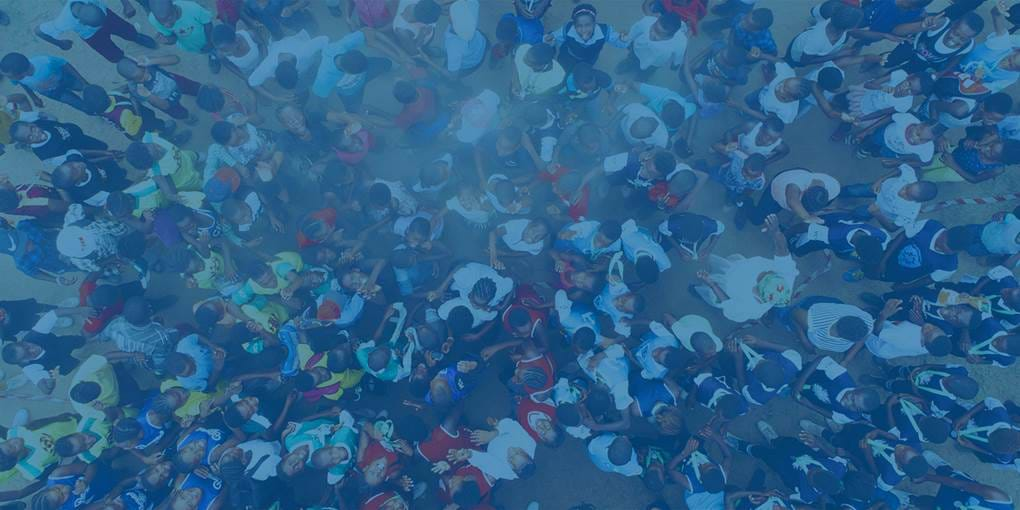A new white paper lays out specific examples of how FlowKit has the potential of becoming a key solution to improve the efficiency and effectiveness of disaster and emergency response
Barcelona – The Digital Impact Alliance (DIAL) and Flowminder today released a white paper focused on FlowKit and its ability to unlock the power of mobile data for humanitarian and development purposes. The paper was developed by Flowminder with support from DIAL and GSMA and comes on the sidelines of the Mobile World Congress, which is taking place in Barcelona this week. It follows the organizations’ FlowKit announcement last autumn.
“While we know mobile data has the power to help improve disaster and emergency response, the routine use of this data still eludes governments, NGOs and multilateral institutions,” said Syed Raza, senior director of data for development at DIAL. “To change that, we have partnered with Flowminder and GSMA to create FlowKit, a suite of software tools designed to enable access and analysis of mobile data for humanitarian and development use cases.”
FlowKit promises to make routine what is currently a specialized practice—using secure data produced by mobile network operators (MNOs) to inform public health, government service delivery and crisis response, among other humanitarian and development needs.
“FlowKit takes Flowminder’s proven, proprietary data aggregation and analysis system and makes it open source,” said Daniel Power, head of operations at Flowminder and lead author of the paper. “Our mission is to encourage mutually beneficial relationships between MNOs and partner agencies and facilitate the responsible use of mobile data for achieving greater
efficiency and effectiveness in the humanitarian and development sector.”
FlowKit consists of three key components:
- It provides humanitarian and development actors with an analytical toolkit developed specifically for their use cases, informed by Flowminder’s experience working in this area. FlowKit facilitates collaboration between MNOs and humanitarian and development organizations by breaking down barriers and lowering overhead costs, making it easier for all partners to reap the benefits of forming partnerships. FlowKit provides the technical support and guidance organizations need to install and implement it. Organizations can also install, utilize and customize FlowKit on their own if they have the capacity.
- It allows for the secure and compliant access of mobile data behind an MNO’s firewall, which helps surmount one of the biggest obstacles to forming partnerships between MNOs and humanitarian and development organizations. In addition, FlowKit includes data quality assurance tools, creating further efficiency gains for analysts.
- It is an open source, community-focused software project. All of its documentation, processes and code are openly accessible and available, promoting greater confidence among all stakeholders. As an open source project, FlowKit will continue to evolve as techniques and learnings derived from research are incorporated back into the core tools.
The paper, “Flowkit: Unlocking the Power of Mobile Data for Humanitarian and Development Purposes,” details examples of how the tool can assist humanitarian and development actors to improve decisionmaking and achieve impact. Readers will find use cases and other information relevant to their own applications.
To explore the toolkit, visit: https://flowminder.github.io/FlowKit/.
To read the paper, go to: http://bit.ly/DIALFM.
About Flowminder
Flowminder provides insights, tools, and capacity strengthening to governments, international agencies and NGOs. Flowminder is a non-profit organisation composed of practitioners and academics from development, public health and humanitarian sectors. The mission of the organisation is to develop and operationalise new methods and data sources to support decision makers, improve operational efficiency and deliver services in low- and middle-income countries.
Flowminder has pioneered the use of mobile operator data to address development and humanitarian challenges. It uses statistical techniques to integrate traditional data from surveys and censuses, with data from satellites and mobile operators.
Working closely with researchers at University of Southampton UK and elsewhere, Flowminder develops new methods and data to understand the distributions, characteristics and dynamics of human populations, and provides support for decision makers to leverage the operational opportunities of radically improved sociodemographic data.
About DIAL
The Digital Impact Alliance (DIAL) aims to realise a more inclusive digital society in emerging markets, in which all women, men and children benefit from life-enhancing, mobile-based digital services. A partnership among USAID, the Bill & Melinda Gates Foundation, the Swedish Government and the United Nations Foundation, DIAL’s efforts help accelerate the collective
efforts of government, industry and development organisations to realise this vision.
